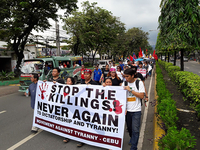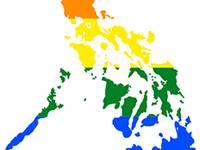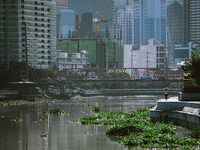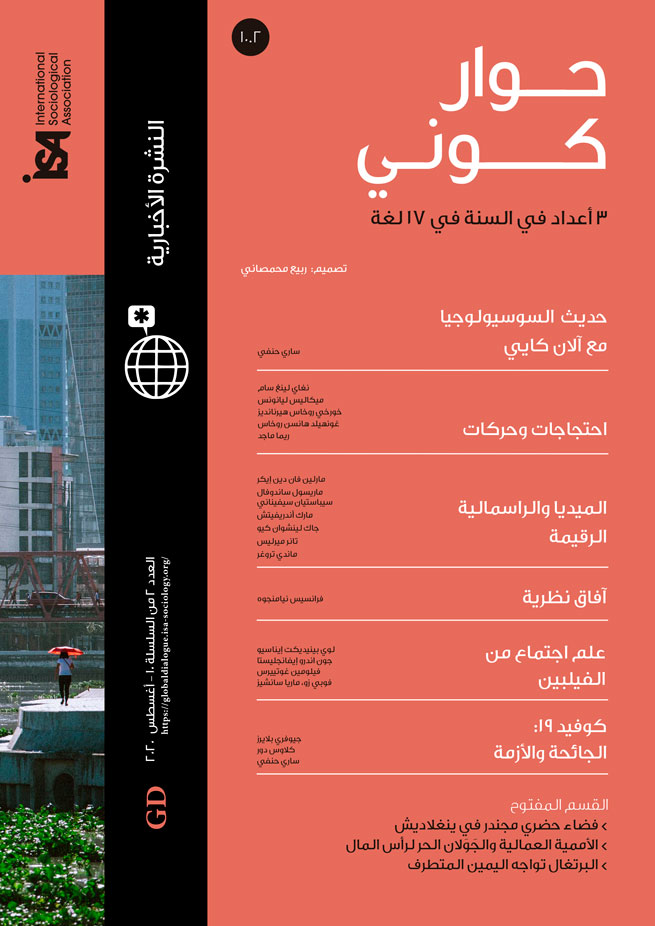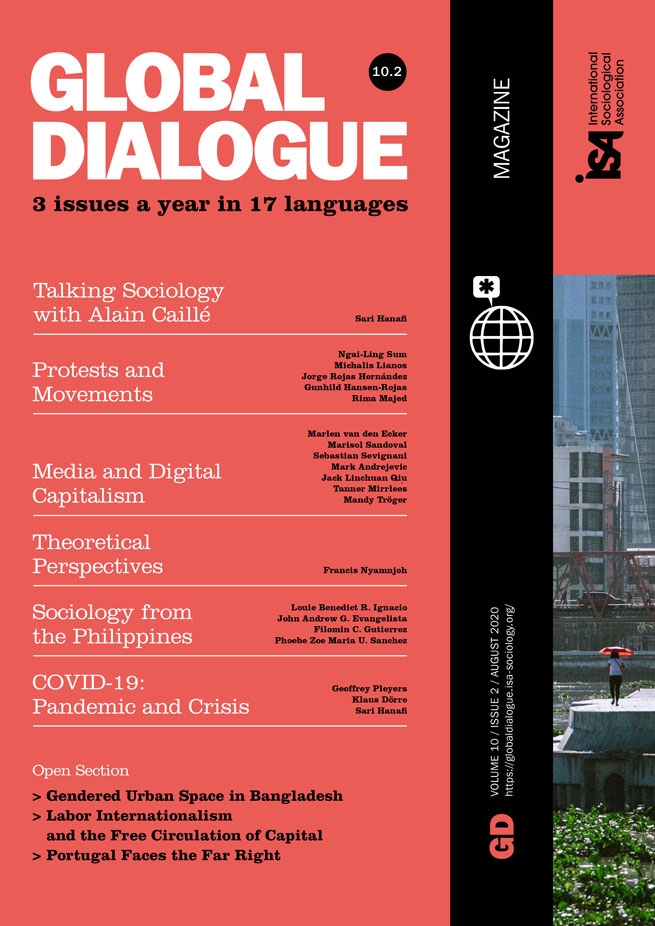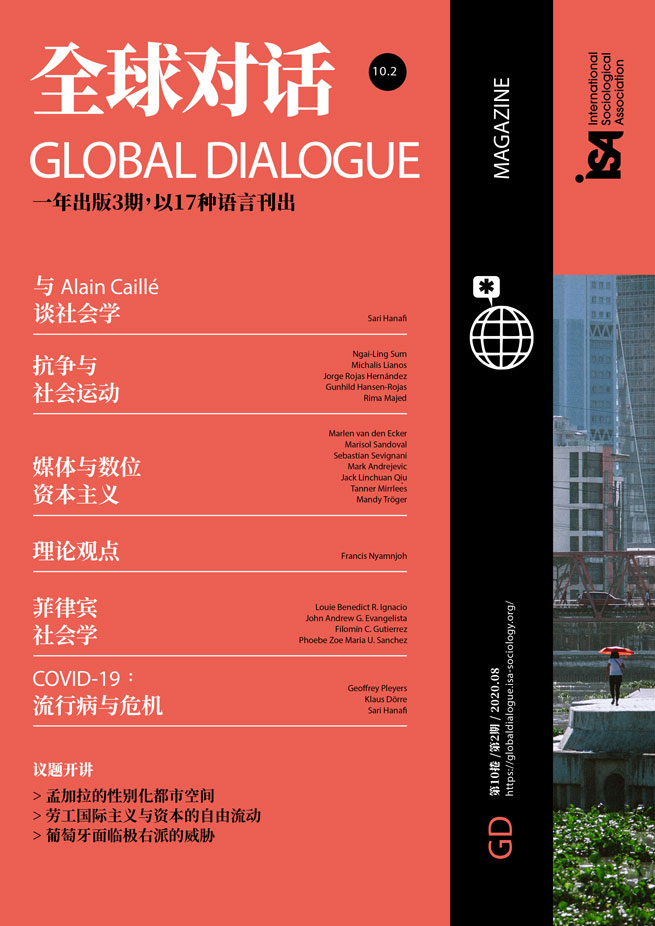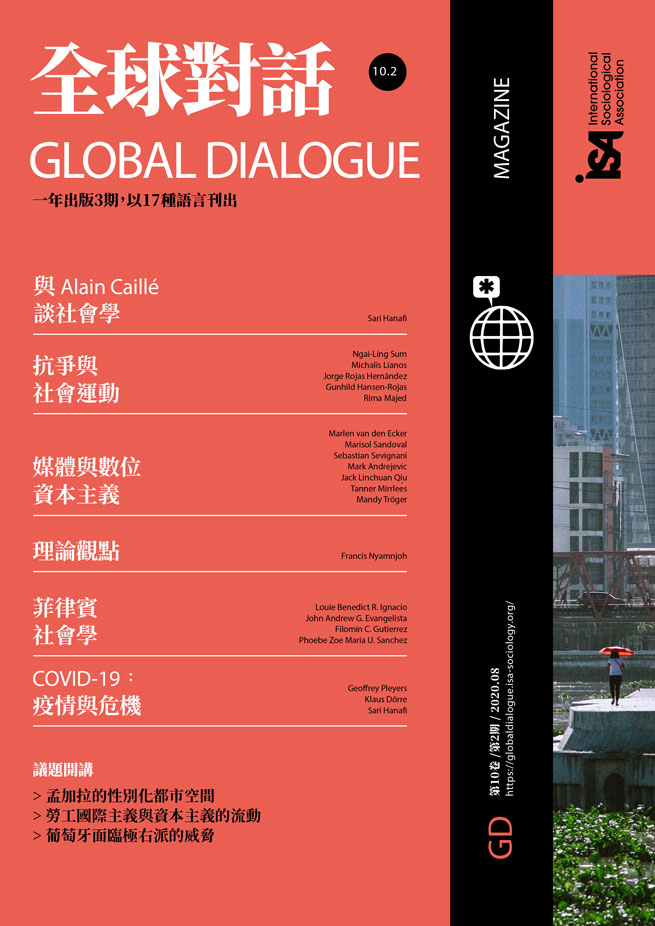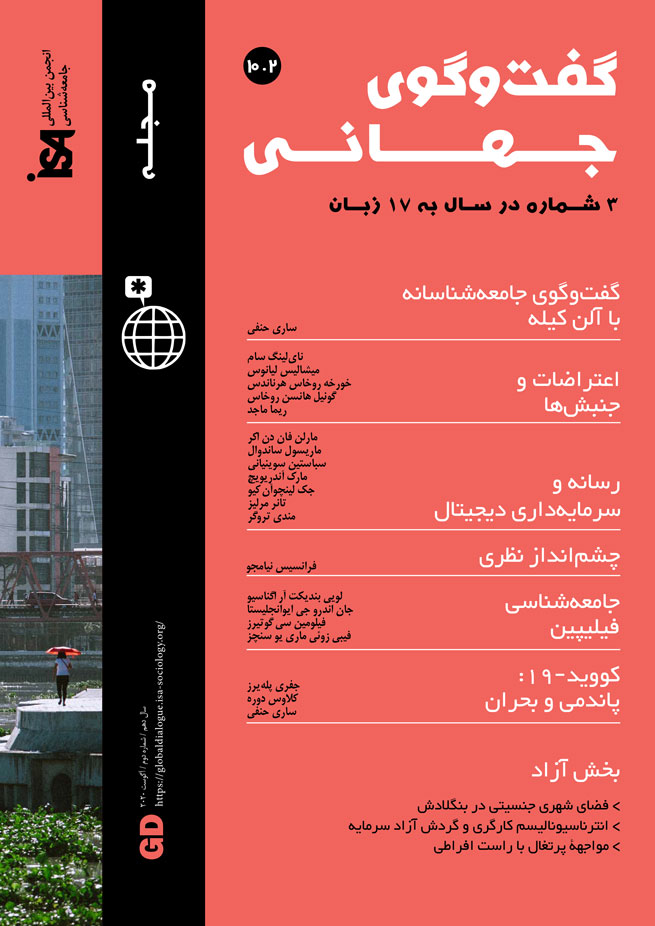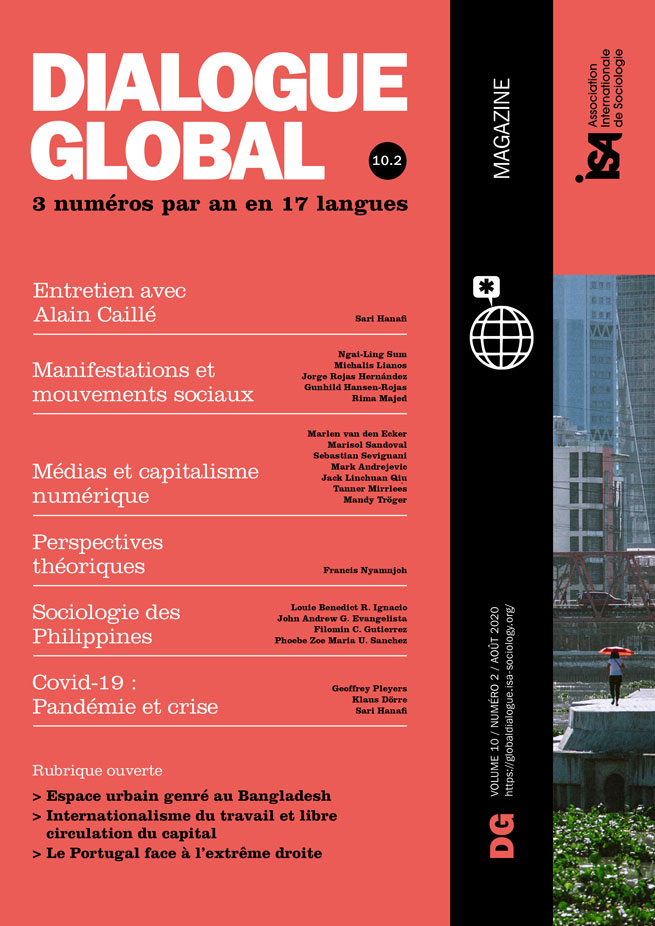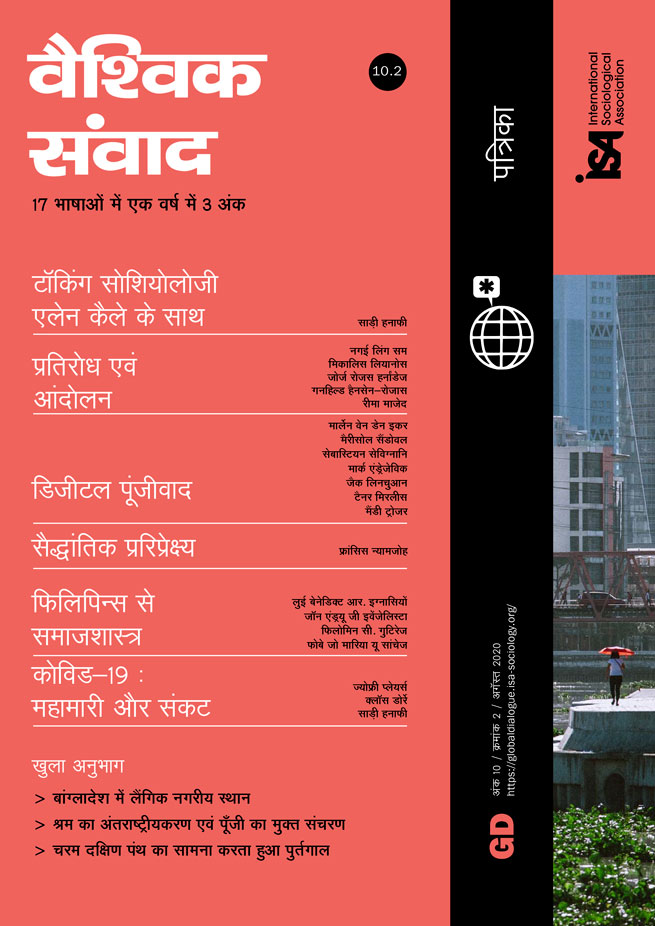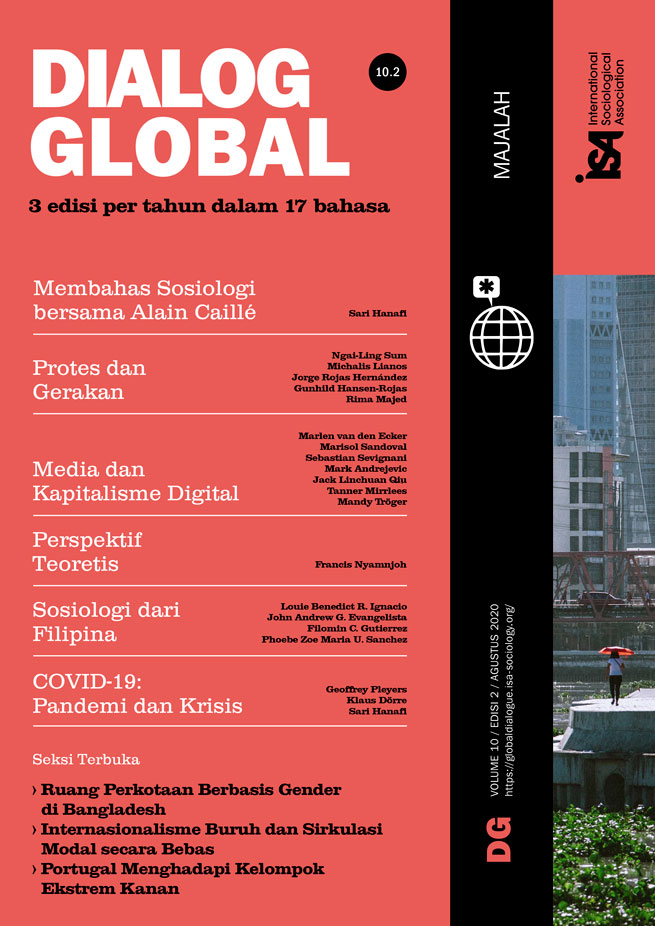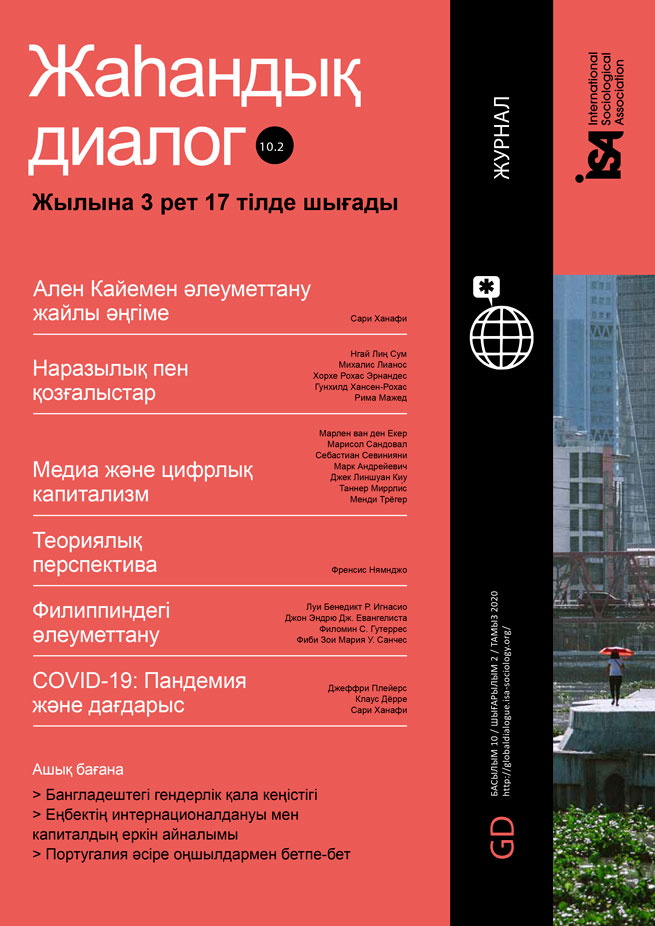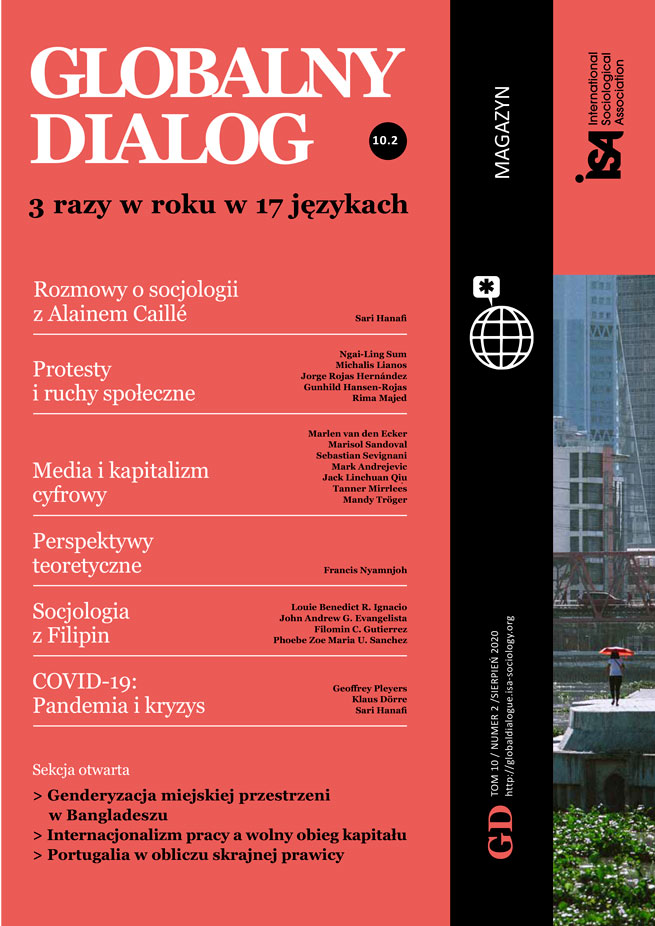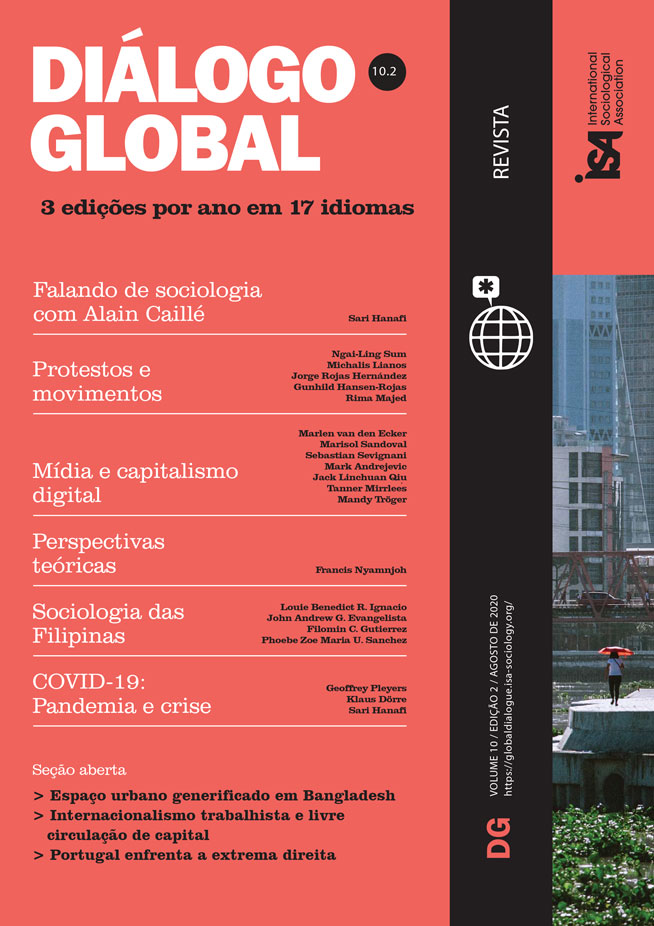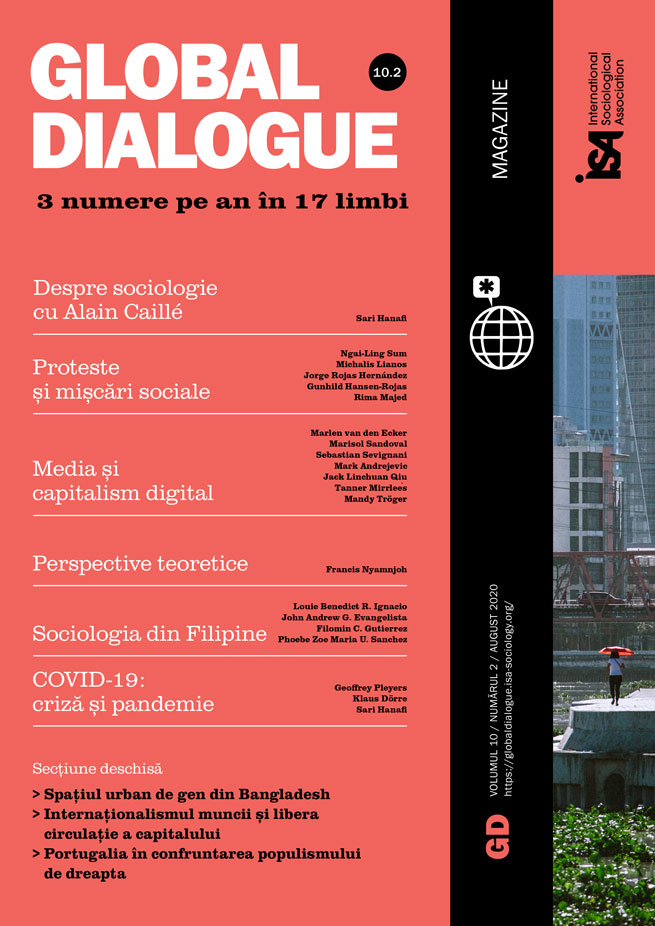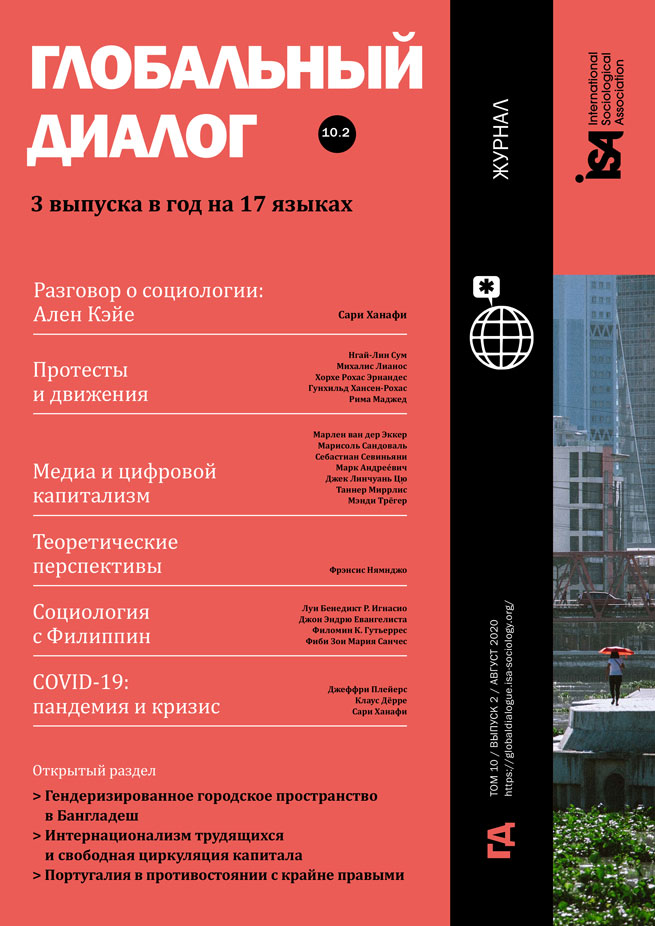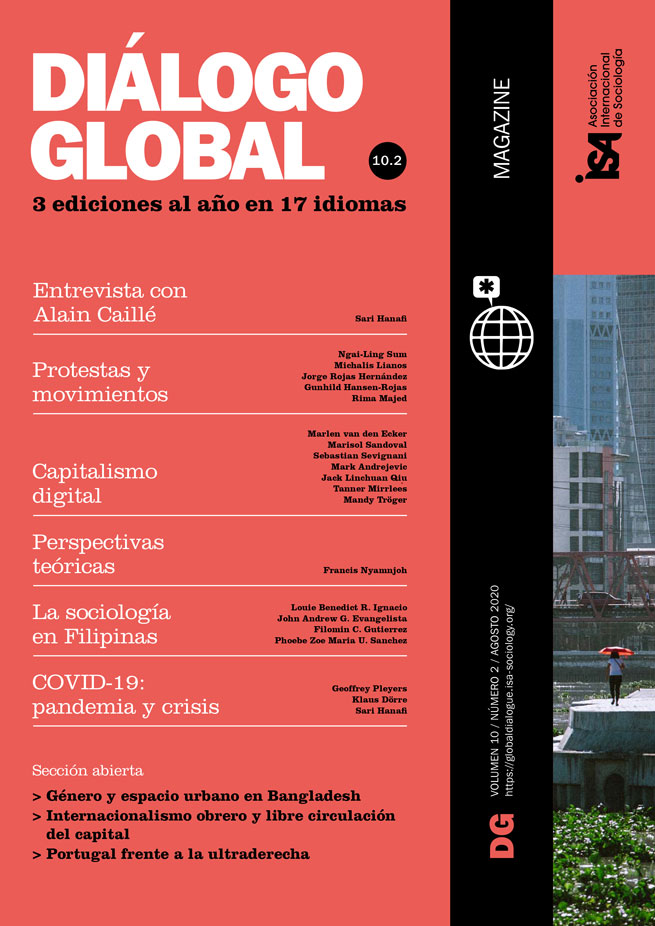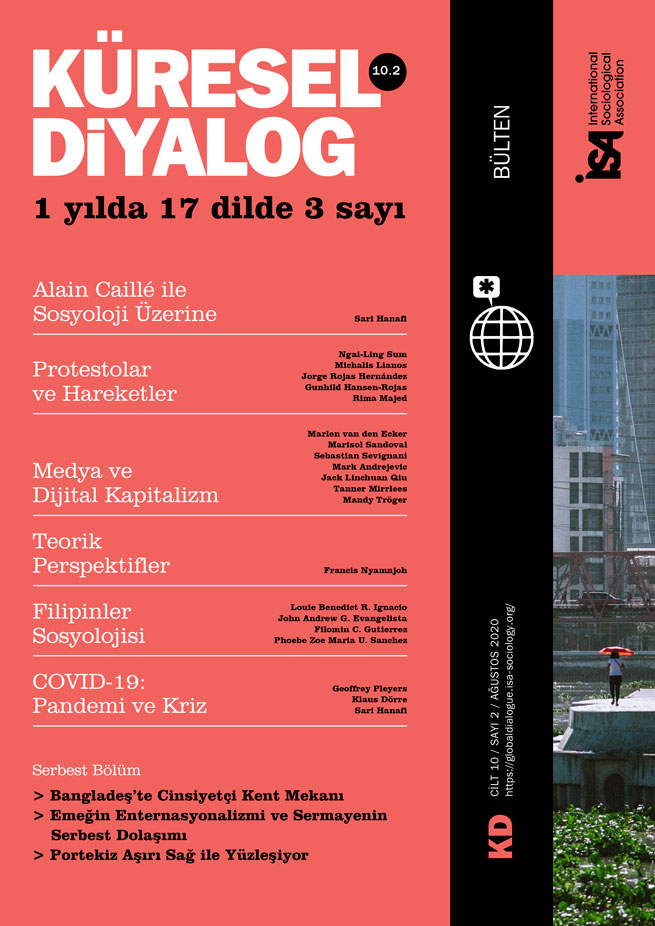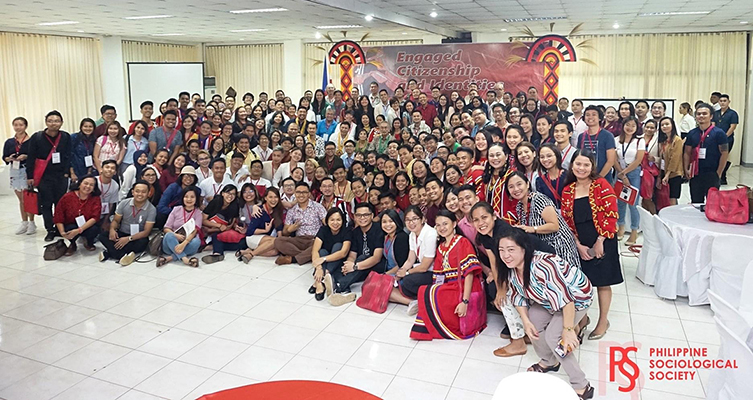The islands of Mindanao, often referred to as the Southern Philippines, suffered the most from marginalization in a national history replete with narratives of marginalization. Mindanao, formerly under the Sultanates of Maguindanao and Sulu, had developed a centralized system of governance and advanced civilization more than the rest of the country prior to the arrival of the Spaniards in 1521. The Sultanates fought the Spanish colonizers for 300 years in the bitter “Moro Wars” and were not colonized. Mindanao suddenly became part of the Philippines when the Americans signed the Treaty of Paris with Spain in 1898, and was “legally colonized” since then. However, it was the US as an imperial power that started the devastating colonizing work of Mindanao resulting in its economic, political, and cultural marginalization. Such historical injustices committed against the people of Mindanao have been linked with the bitter struggle of separatist Moro groups and account for the terrible state of well-being in the Southern Philippines. The injustices committed against the peoples of Mindanao remain a subject of transitional justice until today.
The rise of Manila (later Metro Manila) in the North as the de facto center of economic, political, military, and cultural power for both colonial and domestic regimes perpetuated an unjust center-periphery relation in the country. The quest for peace in the South and the decentralization of government towards more autonomous economic and political empowerment remains elusive. While abundant in natural resources, Mindanao has high poverty rates and is plagued with separatism with undercurrents of Muslim-Christian conflict. The recent peace brought about by the Comprehensive Agreement on the Bangsamoro (CAB) of 2014, between the Government of the Philippines (GPH) and the Moro Islamic Liberation Front (MILF), with the threat of violent extremism still looming, adds to the marginalized periphery status of Mindanao in the Philippine nation as an important subject and object of sociological inquiry.
The centrist narrative of the Philippine Sociological Society
The national narrative of center-periphery relations afflicts different spheres of endeavor in the country, including academic, scientific, and professional narratives. The Philippine Sociological Society (PSS) is an exemplar of such a narrative. The development of sociology in the Philippines was primarily a center-metropolitan initiative. Its membership and leadership have been dominated by sociologists from the center. Its publication, The Philippine Sociological Review, featured mostly authors from the center on topics of interest to the center. Its conferences were held mostly in the center. Lately, however, this trend is changing.
The PSS was organized mostly by people from the center who had sociology programs in their universities. The list of the Charter members and their institutional affiliations is reflective of this. When PSS was organized in 1952, its charter members were affiliated with the following institutions, all located in Metropolitan Manila, to wit: De la Salle University, Phil. Women’s University, Phil. Rural Christian Fellowship, University of the East, College of Holy Spirit, Union Theological Seminary, and from the University of the Philippines.
As a consequence, the leadership of the PSS was directed from the metropole. Of its 69 years of existence, the presidency of the organization was held by Metropolitan Manila 54 times, the rest of Luzon seven times, and Mindanao eight times. The Visayas islands still have to capture the leadership of the organization. The University of the Philippines and the Ateneo de Manila competed with each other in providing leadership to the organization for 43 years, while Mindanao has been at the helm of its leadership for only eight years, or 10.29%. The last time it held the position was in the 1980s. It was only again in 2019 and 2020 that it had the opportunity to provide leadership, and bring a strong Mindanao perspective in the sociological discourse in the country.
A changing mandate
Starting in the 2000s, the PSS has undertaken many initiatives in Mindanao. This is in response to the call of the times, but also because Mindanaoans finally became part of the leadership. It became an opportunity for the PSS not only to bring its membership to Mindanao but also to familiarize its membership with the Mindanao discourses as part of the national narrative. Despite security concerns, the 2014 PSS conference was successfully held in General Santos City, the southernmost city of Mindanao, with its theme “Crises, Resiliency, Community: Sociology in the Age of Disasters.” Not yet content, and in a way as part of the organization’s “transitional justice,” the 2015 Conference with its theme “Sociology of Peace and Conflict: Context and Challenges” was again held in Mindanao, in Iligan City in the northern part of Mindanao. The theme was in line with taking stock of the promise of the 2014 Comprehensive Agreement on the Bangsamoro between the Government of the Philippines and the MILF as well as the tragedy of the Mamasapano incident where 44 members of the Special Action Force of the Philippine police were killed. With the populist rise to power of Rodrigo Duterte in 2016, the first Philippine president from Mindanao, the PSS held its conference in his city, Davao City, with the theme “Imagined Democracies: Transformation of Power and Knowledge in Philippines Society.” The 2017 and 2018 Conferences were held in the Visayas Islands only to return in 2019 to Mindanao, in Bukidnon province, with the theme “Engaged Citizenship and Identities.”
The Mindanao conferences provided an opportunity for institutions of higher learning in Mindanao offering sociology degrees to serve as host, and project themselves as part of the national narrative of training new sociologists. The Mindanao State University (MSU)-General Santos City served as host of the 2014 conference, followed by the MSU-Iligan Institute of Technology in 2015, and the Ateneo de Davao University in 2016. It was the Central Mindanao University (CMU) and the Bukidnon State University that hosted the 2019 PSS Conference. It also became an opportunity for Mindanaoans doing sociology to avail of the platform to present their research output, develop camaraderie, and become part of the transformation of the PSS toward a genuinely national sociology.
Today, there is greater awareness among Filipino sociologists about Mindanao – about its people, places, cultural richness, and discourses. Mindanao has started to break the metropolitan hegemony and mainstreamed itself as “the other Philippines,” worthy of critical sociological discourses and leadership. With the backbreaking work in Mindanao in recent years, the Philippine Sociological Society has immensely contributed in making Philippine sociology a truly national sociology.
Mario Joyo Aguja, Mindanao State University, Philippines, President of the Philippine Sociological Society and Member of ISA Research Committees on Armed Forces and Conflict Resolution (RC01), Sociology of Aging (RC11), Urban and Regional Development (RC21), Sociology of Arts (RC37), and Sociology of Disasters (RC39) <mario.aguja@msugensan.edu.ph>
